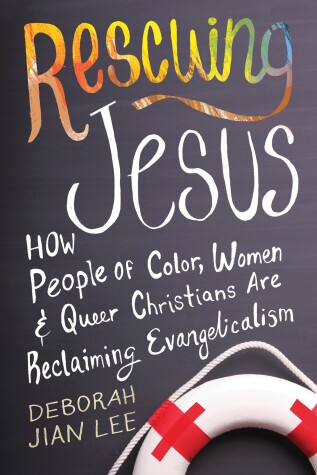Reviewed by wcs53 on
The book is a combination of things and one of the good things is that it wasn't written with any particular agenda in mind. It combines history, interviews with many diverse individuals, along with the personal journey of the author. The book is approached from a journalistic point of view, which makes it a very engaging read. Although it is written from an American perspective, I was still able to identify with having seen and experienced some of the attitudes described in the book.
Some of the stories shared were moving and challenging. The underlying theme is that people of colour, women, and LGBTQ who identify as followers of Christ, as well as being evangelicals, are no longer satisfied with the way they have been treated over the years, especially in a system that favours patriarchal ideas and is dominated heavily by white males and their 'traditional' theological viewpoints. There is an underground movement, in each of the three areas focused on, that has the aim of changing this for the better. One of the main problems, which I've experienced too often, is that people, especially in the evangelical world, are more often than not told what to believe or think, and not always encouraged to think things through themselves. This often leads to a dishonest kind of faith based on what leadership wants people to think or how to act, rather than one based on honest examination of scripture.
The timing of the book could be interesting, as it came out round about the time that the US political climate was undergoing severe change. It will be interesting to see what happens now that there is a leader who has, by his own words, shown very little compassion towards or interest in the rights of the three groups focused on in this book.
This book is worth reading, especially if you have been marginalized yourself, or are fed up with the way that these groups have, and still are being in many instances, treated. The last paragraph of the conclusion showed that there is hope, and I finish with it:
'Through my reporting for this book, I have witnessed profound grace and beauty and strength among marginalized believers who, in the face of hostile exclusion, have held on to their faith and changed their communities. Their lives have reminded me that God is so much bigger than the limitations set by the far Right or by anyone else. In God's house, there is room for everybody. There is room for even me.'
Reading updates
- Started reading
- 22 January, 2017: Finished reading
- 22 January, 2017: Reviewed
